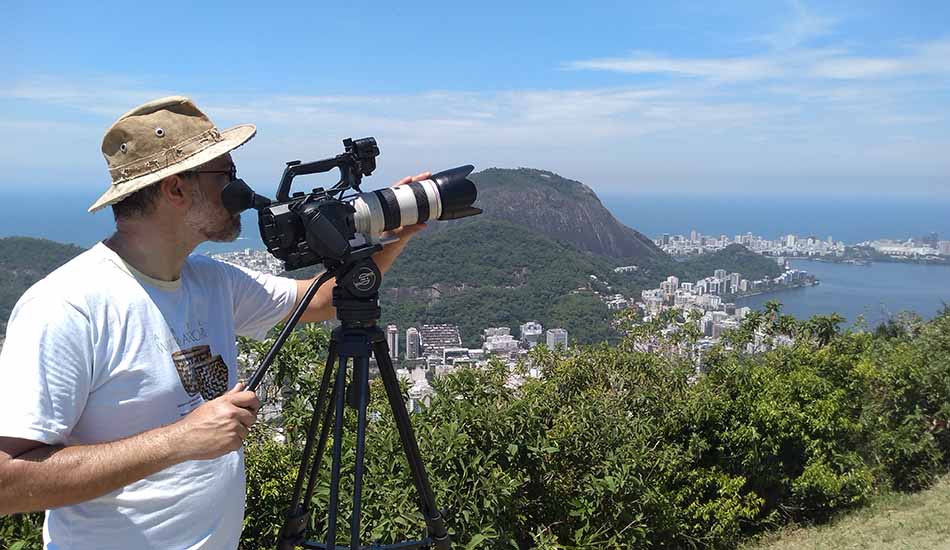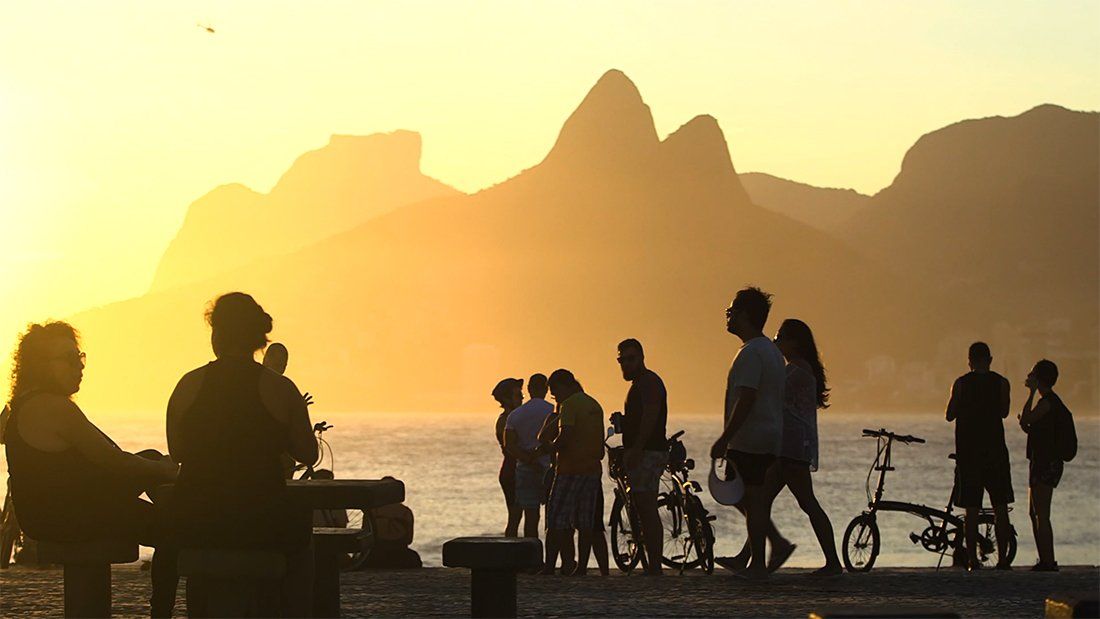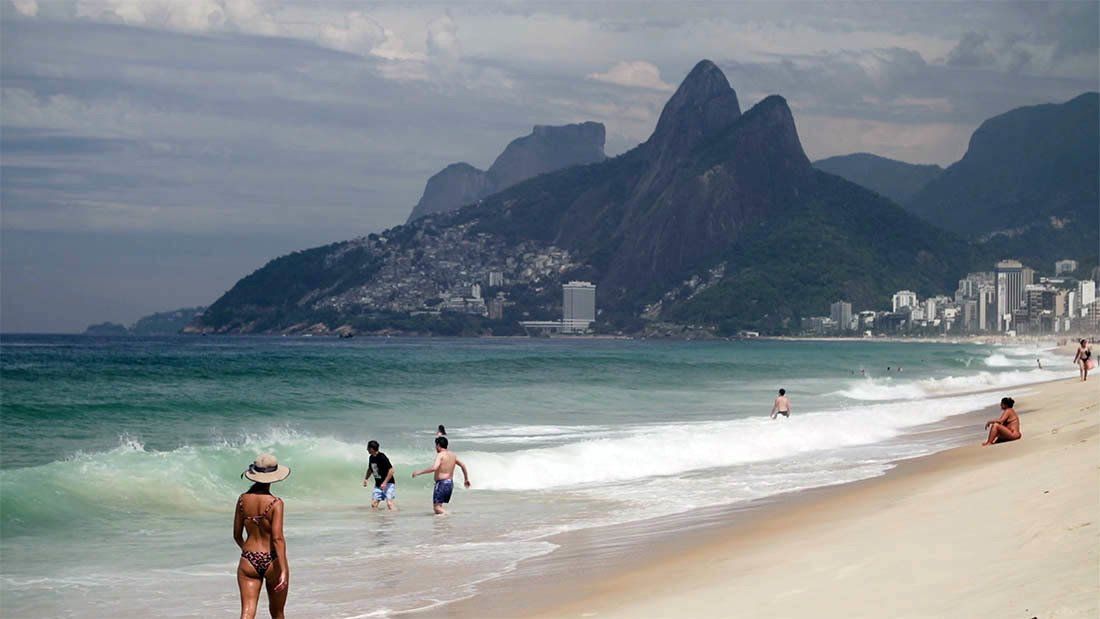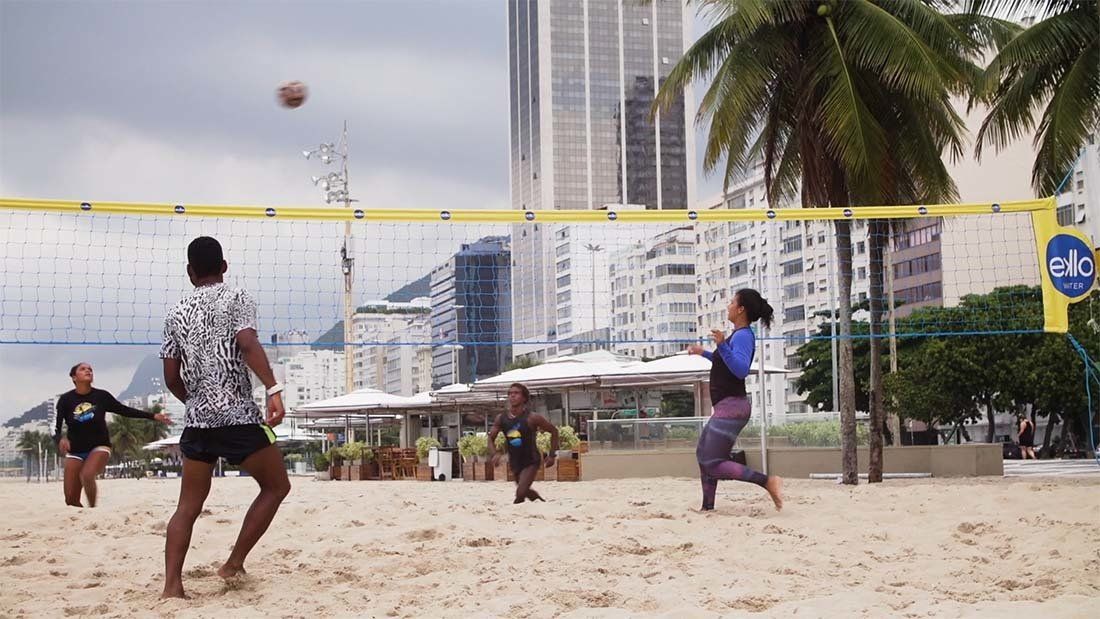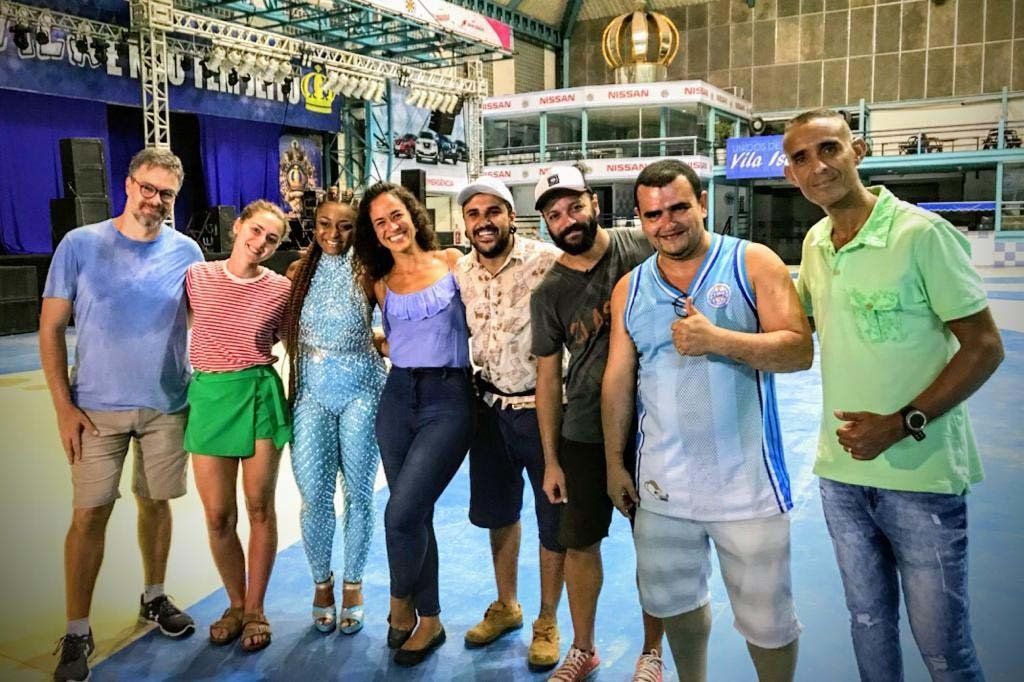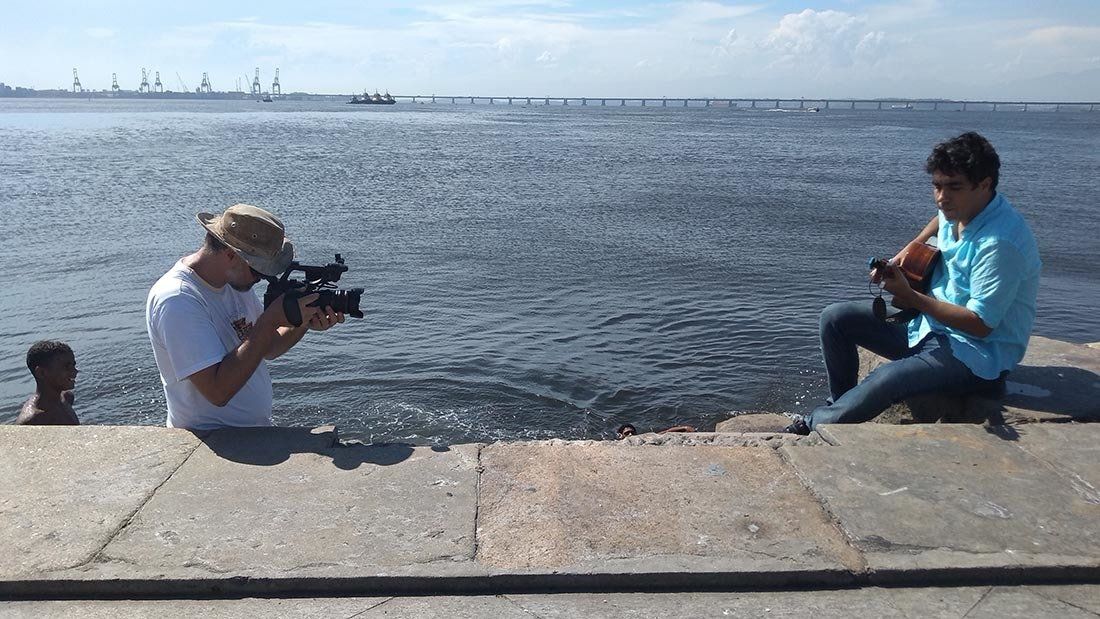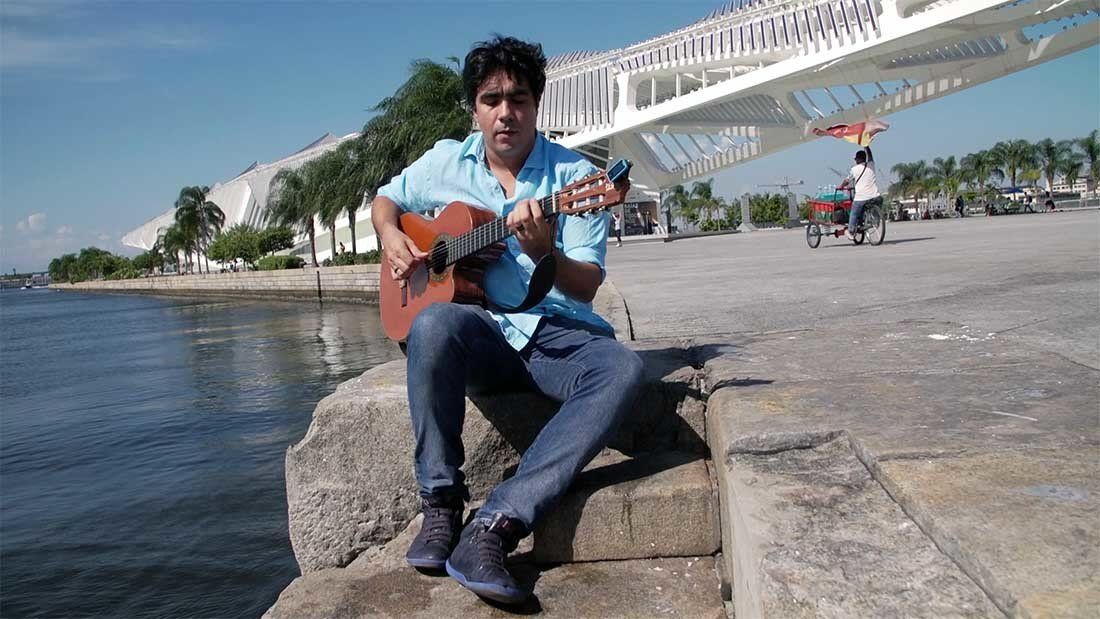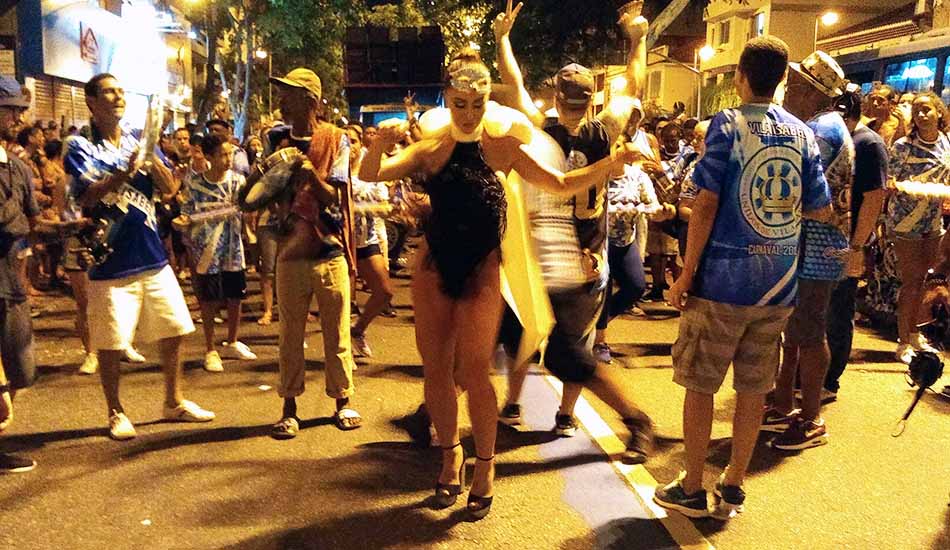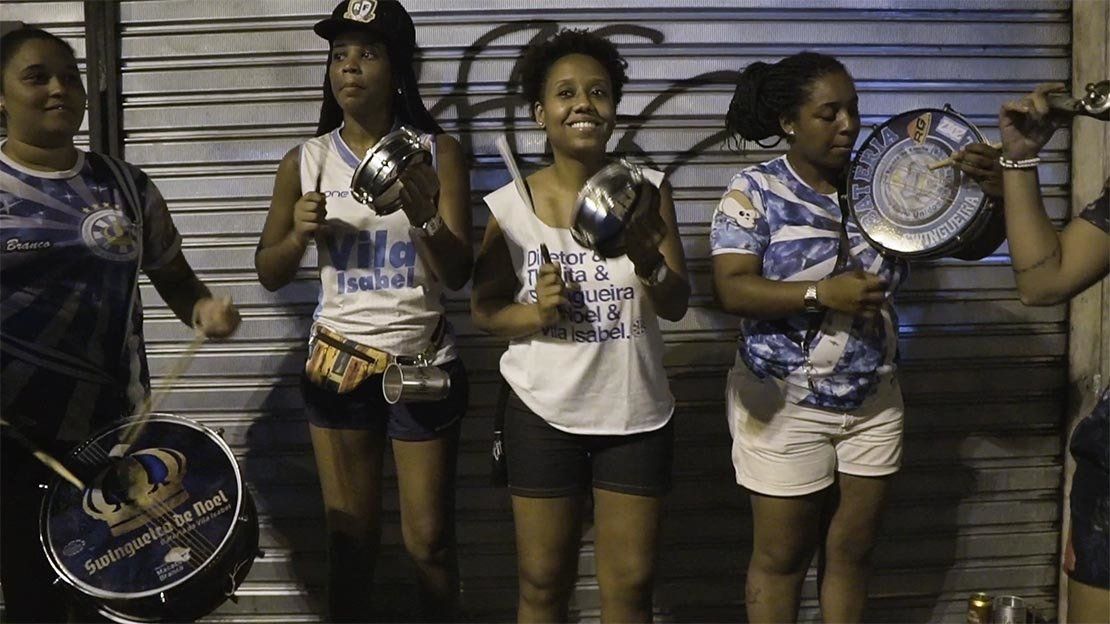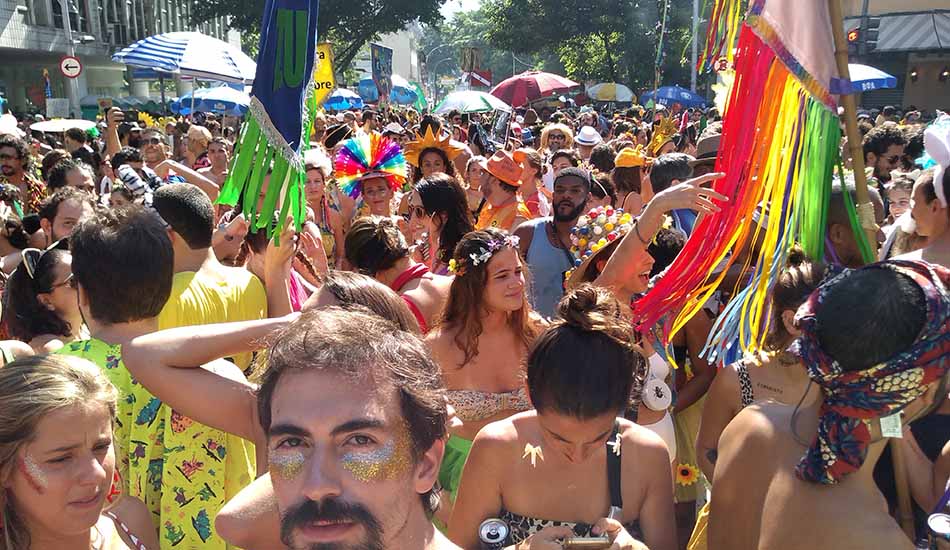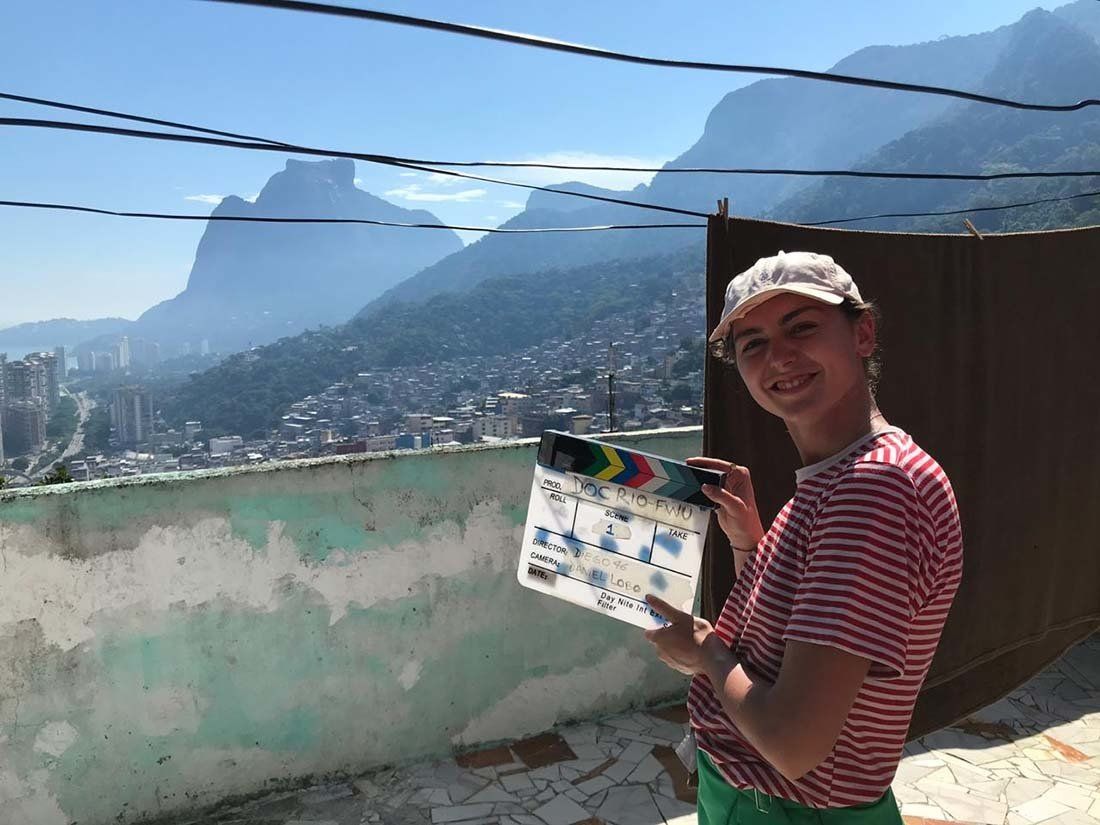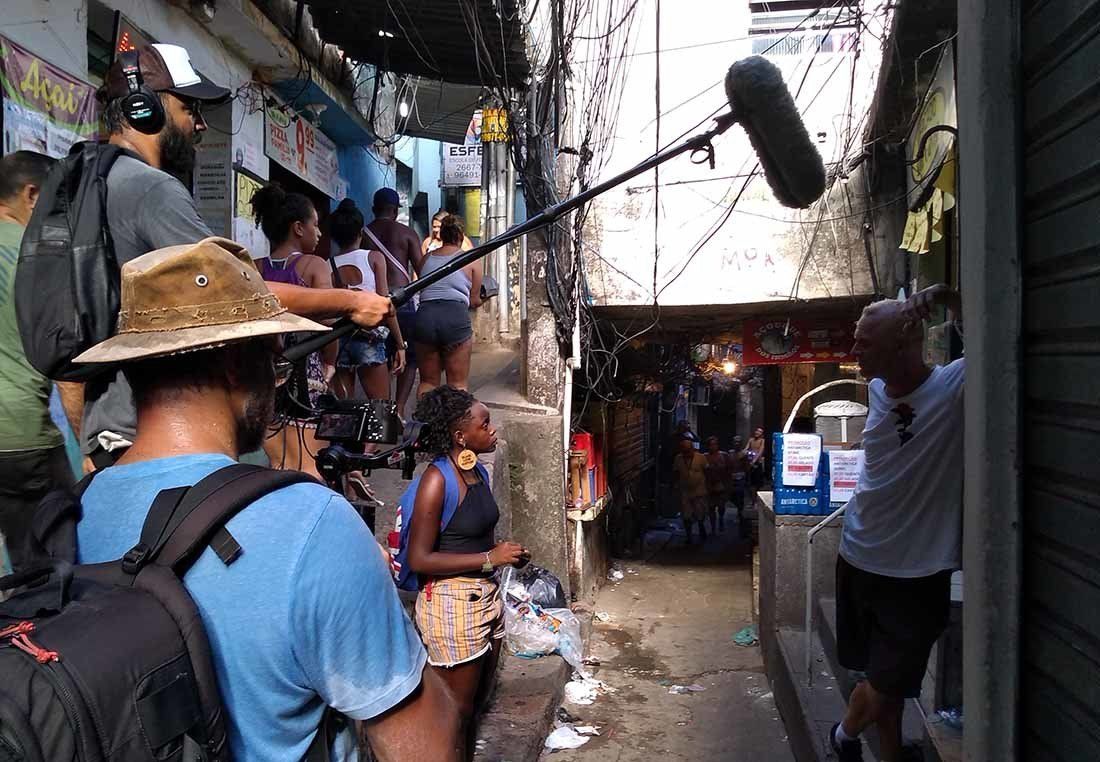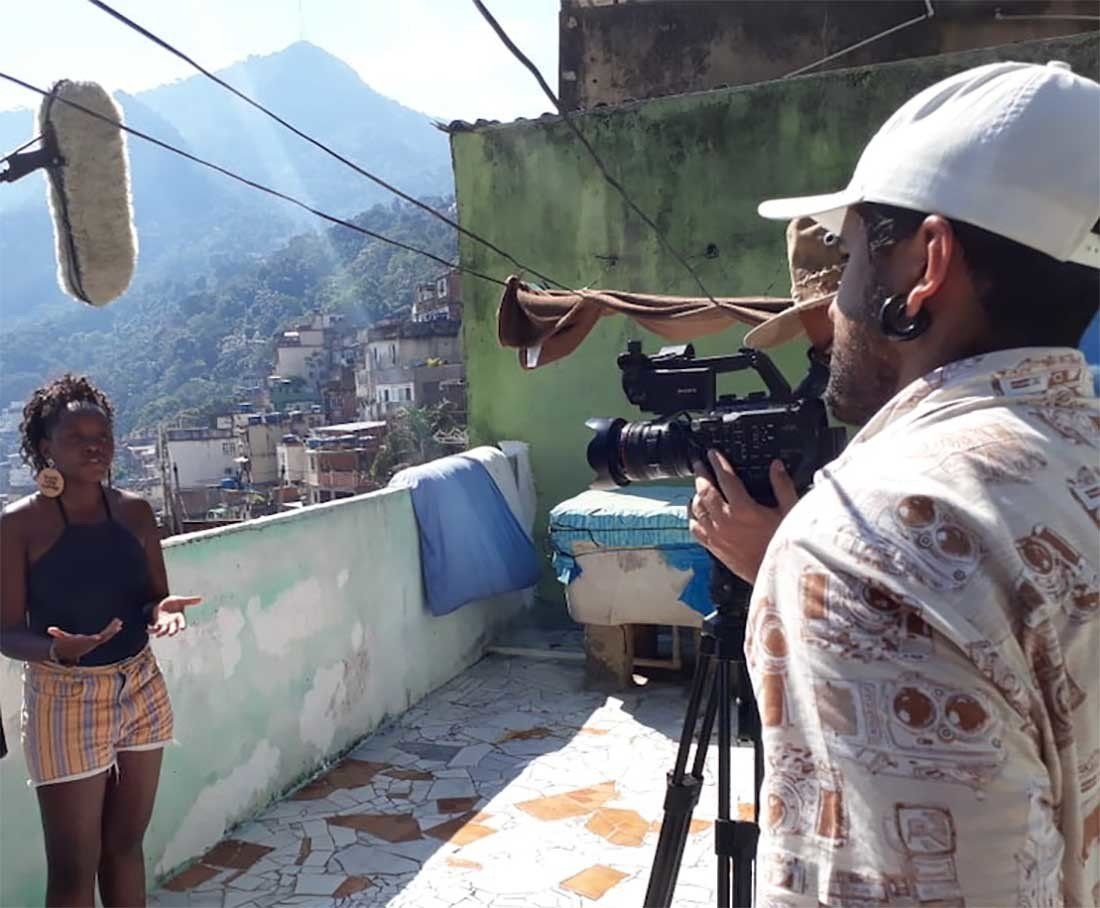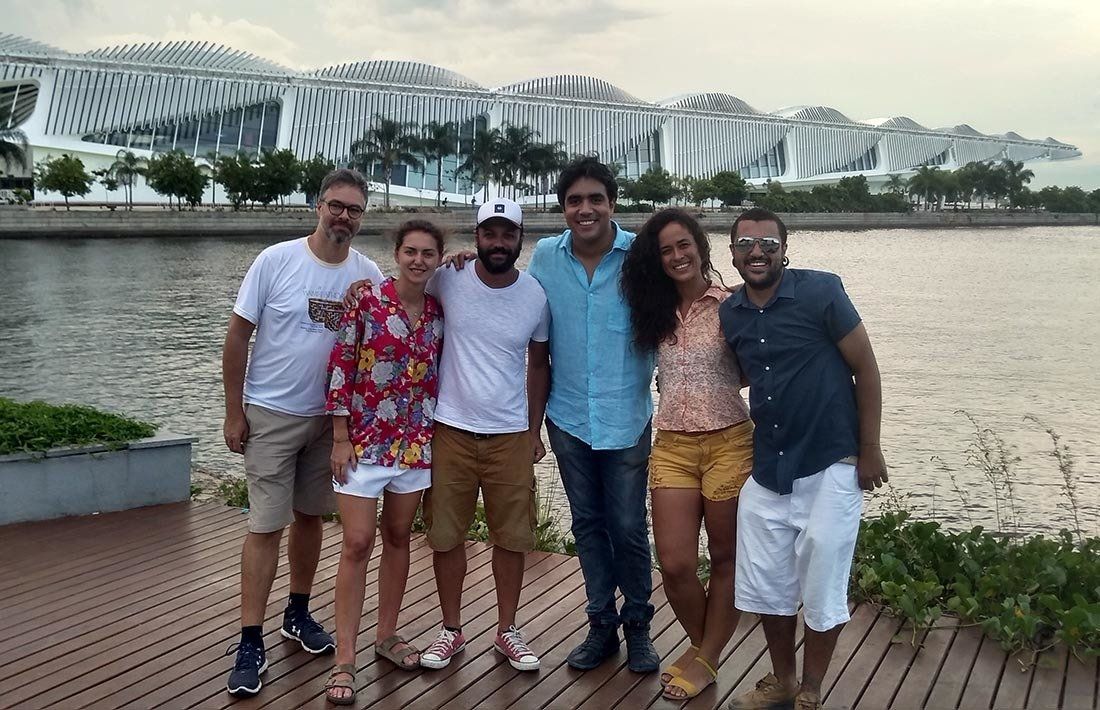CASE STUDY
Client: FWU & Ultimate TV
Producing an educational film about Rio de Janeiro for the German school network
Date: 2019
THE PROJECT
Story Productions was commissioned by German production company Ultimate TV to create a 15-minute educational film about Rio de Janeiro, from pre- through to post-production, as part of a series on mega-cities around the world. The film is aimed at geography students aged 8-13 years old, and was made available to schools all across Germany in early 2020. Watch the teaser >>
VIDEO AS A TEACHING TOOL
Video can be a powerful tool to inspire and engage students. When the production values are high and the target audience is clear, video is also a captivating way to present information – a fresh take on the textbook approach. It’s no surprise, then, that teachers are increasingly turning to the medium as a resource in their lessons, catalysed by technologies that are lowering video production distribution costs.
In Germany, video has long been used as a teaching tool in classrooms. The Institute for Film and Image in Science and Education (FWU), based in Munich, is the leading producer of media for use in German schools. With a back catologue of more than 2,000 titles, the institute commissions around 65 new productions each year to be used as learning tools, all of which can be accessed online.
In Germany, video has long been used as a teaching tool in classrooms. The Institute for Film and Image in Science and Education (FWU), based in Munich, is the leading producer of media for use in German schools. With a back catologue of more than 2,000 titles, the institute commissions around 65 new productions each year to be used as learning tools, all of which can be accessed online.
MEGA-CITY: RIO DE JANEIRO
One of FWU’s productions is a series on mega-cities around the world, aimed at the geography curriculum. The most recent city to be documented in the series is Rio de Janeiro.
Rio de Janeiro is a city with two faces, however. A dream destination for many, with its beautiful beaches and forest-covered mountains, Rio de Janeiro attracts millions of tourists each year and recently hosted the 2014 FIFA World Cup and the Olympic Games in 2016. Another important part of our brief for the film was to explore the impact that these major sporting events have had on the city.
Our brief from Ultimate TV was to produce a 15-minute film with a modern aesthetic that shows the reality of life in Rio de Janeiro, how the city functions and the pros and cons of living there. Rio de Janeiro, the second largest city in Brazil with around 13.3 million inhabitants, was the country’s capital until 1960. Its population boom was driven in large part by rural-urban migration, and the challenges of such rapid population growth – lack of housing, crime, health problems, traffic, illegal rubbish dumps and unemployment – are all topics that are touched on in the film.
Rio de Janeiro is a city with two faces, however. A dream destination for many, with its beautiful beaches and forest-covered mountains, Rio de Janeiro attracts millions of tourists each year and recently hosted the 2014 FIFA World Cup and the Olympic Games in 2016. Another important part of our brief for the film was to explore the impact that these major sporting events have had on the city.
OUR APPROACH
What makes one educational video more effective than another is a question for which there’s little consensus but as far as Story Productions is concerned, an educational film is still a film. Which means it has to have texture, colour, narrative and the cinematography of a film.
Beyond the aesthetics, however, the film also had to pack in a lot of information about the city. Presenting that information audio-visually, in a way that captured and held the attention of a young audience, was our first big challenge, and one that was tackled in pre-production in the Story Productions' writers' room.
The script was divided into 8 segments of between one and three minutes each. A strong opening sequence with a bossa nova beat sets an upbeat tone to the film as we introduce the city before going on to showcase the city’s landmarks, its cultural highlights and its sporting traditions as well as contrasting the world of rich and poor through a fast-paced tour of people and places.
Character research was the next phase, looking for Rio de Janeiro residents – both locals and foreigners – who could speak in a clear and engaging way about the city, providing an interesting contrast of social and economic realities. Amongst our roll call of characters we had a historian, two musicians, a DJ, a street vendor, an athlete, a samba school queen and a photographer.
To bring the city’s history to life on screen we hired an iconographer
who sourced dozens of images from museum archives and ensured that the rights to all the images were cleared for use. From paintings to photographs, illustrations and historic maps, some of which date back to the early 19th century when Rio de Janeiro was home to the Portuguese court in exile, these images were essential for creating context and depicting how much the city has changed.
Graphics were another important visual tool we used in post-production. For example, an outline of the cities of Munich and Berlin were superimposed on top of the outline of Rio de Janeiro (which is larger than both cities combined). Important data such as size and population figures was presented as graphic text layered on top of B-roll footage of cityscapes and crowds, with music keeping the rhythm and pace up throughout.
THE SHOOT
Over the past decade, Story Productions has organised a number of shoots in Rio de Janeiro from feature films
to entertainment shows, major sporting events, and breaking news stories. We know from experience that scoping out the best vantage points in advance and thinking on your feet during a shoot are essential. Interviewees often cancel or reschedule at the last minute and the traffic can bring parts of the city to a standstill. The weather is another unknown that can upend the best laid plans, so it’s important to always have two filming options – exterior and interior – and a plan C and D should luck be against you.
For the FWU shoot, a Story Productions fixer scouted out all locations in advance, and with just three days to cover a lot of ground we planned a shooting schedule that would make the most of our time in the city.
For the FWU shoot, a Story Productions fixer scouted out all locations in advance, and with just three days to cover a lot of ground we planned a shooting schedule that would make the most of our time in the city.
The Story Productions crew comprised a director, camera operator, production assistant, sound technician and fixer as well as a van driver and security detail.
The shoot took place in February 2019, in the run-up to Carnaval – the biggest party in Rio de Janeiro's calendar. For the Story crew, it was an unmissable opportunity to capture some of the colour and chaos of the city’s biggest party on camera.
We shot a "bloco" (Carnaval street party) and filmed at Vila Isabel, a local samba school, where we filmed a rehearsal with its army of drummers and shimmering samba queen. Read our blog post
from the shoot.
Our local fixer also arranged for the Story crew to film in Rocinha – the city’s largest favela – going there ahead of the shoot to get approval for the crew to enter. Inside the favela, we interviewed a local MC about a recent spate of crime in the city. Despite the violence and the perceived lack of decent living conditions being a common perception about life in Rio's favelas, they're also renowned for their strong sense of community, and what better way to show that than through the eyes of its residents?
Beaches, mountains, Rio’s historic centre, the Museum of Tomorrow and the Olympic Park were all on the shooting script, too, as the backdrop for interviews as well as for B-roll and drone footage.
Now that the dust has settled on the edit at the Story Productions’ headquarters in São Paulo, we’re pleased to only have a few more months to wait until the film is released on the FWU network in Germany. Watch this space for a version dubbed in English. And scroll down to read the glowing feedback from Ultimate TV...







